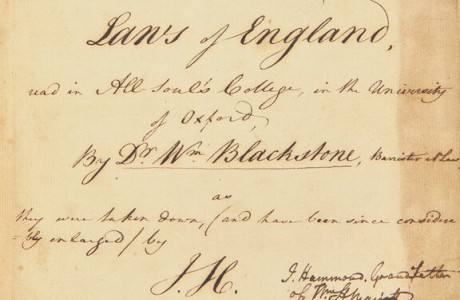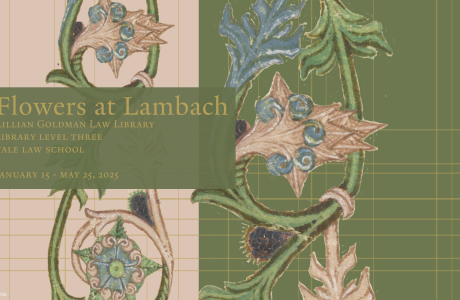John Cowell's blind alley
 John Cowell’s The Interpeter, or Booke Containing the Signification of Words was the most respected English law dictionary of the 17th century, despite the controversy that greeted its appearance in 1607. It went through eight editions between 1607 and 1727, testimony to its popularity and usefulness.
John Cowell’s The Interpeter, or Booke Containing the Signification of Words was the most respected English law dictionary of the 17th century, despite the controversy that greeted its appearance in 1607. It went through eight editions between 1607 and 1727, testimony to its popularity and usefulness.
However, the early editions have an interesting quirk. The entry for “Testament (testamentum)” directs the reader to “See Will”, but when you turn to the W’s, there is no entry for “Will”! Cowell has sent his readers down a blind alley, or what librarians and indexers call a “blind reference.”
This is a particularly surprising error given the author. John Cowell (1554-1611) was a doctor of civil law, or a “civilian” in the nomenclature of English law, in contrast to the practitioners of the English common law who practiced in the common law courts. Civilians practiced in the ecclesiastical courts of England, and thus wills and estates were part of the bread-and-butter of their practice. For a civilian like Cowell to completely omit any coverage of testaments and wills is odd, to say the least.
Even odder is that for decades no one bothered to fix the error. The 1637 and 1658 editions of The Interpeter were basically reprints of the 1607 edition. Finally, in 1672, Thomas Manley of the Middle Temple published an enlarged edition with a half-column definition for “Testament” and a brief paragraph for “Will.”
Thanks to my friend Mr. Harold I. Boucher of San Francisco for calling to my attention the case of Cowell’s missing “will.” Mr. Boucher, a retired attorney, has himself published both on Cowell (King James’s Suppression of The Interpreter and Denouncement of Dr. Cowell, 1998) and on the history of wills (California Living Trusts and Wills: What You Must Know Before You Make a Will, 1994; How to Live and Die with California Probate, 1970).
The image of the title page from the 1607 edition of The Interpreter comes from the John Cowell page in the Law Dictionary Collection website provided by Rare Books & Special Collections, Tarlton Law Library, University of Texas at Austin. It appears here with their permission and with my thanks to Elizabeth Haluska-Rauch, Head of Special Collections.
MIKE WIDENER
Rare Book Librarian


